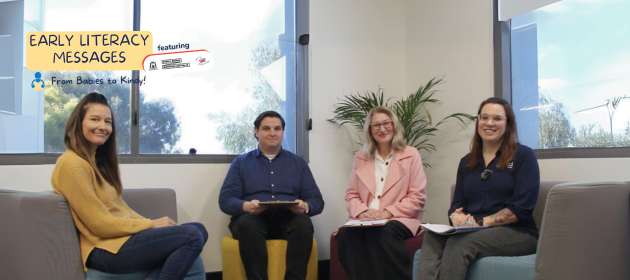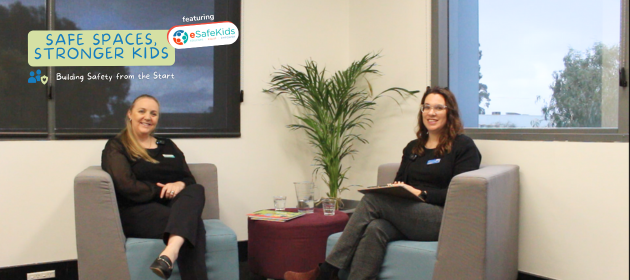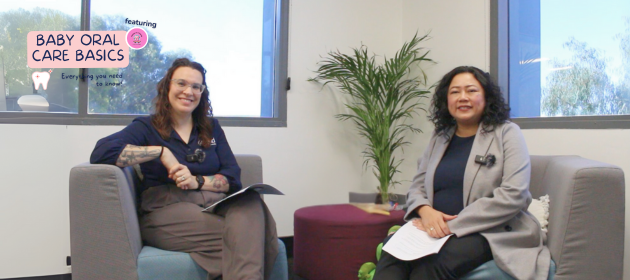Watch Series
-
Early Literacy Messages
Strengthen the literacy practices in your services through practical tips for children aged 0 to 5. -
Safe Spaces, Stronger Kids
Keeping children safe is one of the most important responsibilities of educators, parents and carers. That’s exactly why Child Australia has partnered with eSafeKids founder, Kayelene Kerr, to create this introductory short video series. -
The Happy Educator Project
Reignite your spark and create a workplace that feels good for you. Because when educators feel good, children thrive. -
Baby Oral Care Basics
Understanding oral health helps you spot early signs and better support the children in your care. -
NQS Insights
Feeling nervous about your upcoming Assessment and Rating? Let’s unpack each Quality Area of the National Quality Standards. -
Inside Out
Understand why emotional intelligence matters for children and discover practical strategies to support its development. -
Wellness in Action
Be proactive in recognising when you’re not feeling your best and the steps you need to take to boost your mood. -
Thought Bubbles
Explore essential topics that influence a child’s growth! Topics range from literacy, self-regulation, play and even Smilansky’s Play Stages. -
Career Tips
We’re here to support you every step of the way to offer real, relatable advice drawn from everyday experiences in early learning environments.









